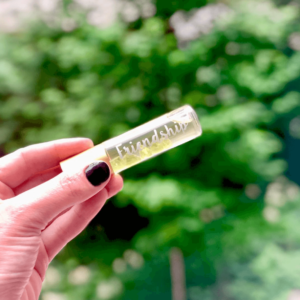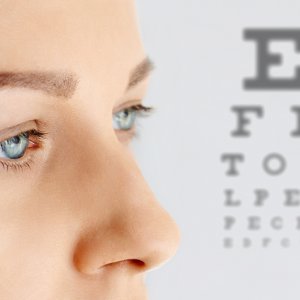Attention deficit hyperactivity disorder (ADHD) is a disorder that can cause hyperactive and impulsive behaviors in children and adults. People with ADHD may struggle with focusing on a single task, or sitting still for long periods of time. Additionally, they may also have difficulty handling distractions and with memory. Many people turn to a slew of drugs to manage ADHD. Fortunately, there are some great natural remedies for ADHD as well.
[membership_video pid=’298623821′ fid=’298623821′]
Evaluate Your Diet
While the causes of ADHD are debatable, direct correlation between lifestyle behaviors and the occurrence of ADHD have been shown. With this in mind, modifying behaviors and diet may help to alleviate some symptoms of ADHD.
Often, preservatives, chemicals and other additives in food can cause or exacerbate ADHD symptoms. Processed food, fast food, and pre-packaged snacks contain lots of ingredients to avoid. Try eliminating foods containing the following ingredients and note any changes in behavior:
- Synthetic food dyes are often a problem for children with or without a diagnosis of ADHD. Look for dyes listed on labels, including: FD&C blue #1 and #2, yellow #5 (tartrazine) and #6, red #2, #3, and #40, green #3, orange B, etc.
- Preservatives may influence hyperactive behavior. You may have to do a bit of research to remove all preservatives. Some common culprits include: monosodium glutamate (MSG), sodium benzoate, BHA, BHT, sodium nitrate, and TBHQ.
- Simple sugars present an increased risk of ADHD symptoms. While consuming sugar is unlikely to cause ADHD, it can definitely make symptoms worse. Glucose, fructose, and galactose are the primary culprits. Giving junk food to someone with ADHD is like adding fuel to their hyperactive fire.
- Food allergens have been associated with ADHD as well. Hyperactivity may actually be a systemic response to an allergen, and many people have positive results when eliminating certain foods. Primary culprits include wheat/gluten, milk, nuts, and eggs.
What You Should Eat
- Lean protein helps balance blood sugar and increases focus and concentration.
- Complex carbohydrates found in fruits, nuts, beans, and whole grains are good for brain health.
- Fruits and vegetables contain vitamins and minerals that can support focus and overall cognitive function.
Want a chance to reset your diet? Come check out the Clean Slate Cleanse.
Make Sure You are Getting Proper Vitamins and Minerals
Proper nutrition is key for brain health. Additionally, some vitamins and minerals show promising results for people dealing with ADHD.
- Magnesium is crucial for brain activity. When combined with Vitamin B6, magnesium shows promising involvement in the prevention of neurobehavioural diseases.
- Zinc and/or iron deficiencies have been shown to be a causative factor in some children with ADHD.
- Omega-3 fatty acids and Vitamin D help regulate serotonin synthesis, which is a key factor in hyperactivity disorders.
Try Herbs and Other Supplements
- Valerian root has been shown to reduce restlessness, concentration difficulties, and impulsiveness.
- Lavender flowers has promising sedative effects that can calm restlessness and improve sleep quality.
- Gingko Biloba may also be a useful alternative treatment for people with ADHD.
- Brahimi extract can be used to improve memory and overall brain function.
- Ginseng has the potential to improve learning, memory, attention, sensory-motor performance and cognitive processing.
- Tiaoshen liquor, a Chinese tincture, may help reduce spontaneous activities and reinforce learning memory.
Get Adequate Exercise
Exercise has a positive effect on symptoms such as attention, hyperactivity, impulsivity, anxiety, and social disorders in children with ADHD.
Limit Screen Time
Individuals who spend hours focused on a screen, such as TVs, computers, tablets, and smartphones, have a harder time staying focused. One study even showed a correlation between having a television in the bedroom and a higher likelihood of ADHD. Keep track of time spent focused on a screen. In addition, take frequent breaks and avoid screen time for at least 30 minutes before bed.
Managing ADHD can be a challenge, but intention for whole-body wellness and a mindfulness about common triggers bring hope. What are your tried-and-true natural remedies for ADHD? Comment below and share them with us!
Try this Focus Roll On to help with concentration and focus.
Want even more education about essential oils, supplements, and wellness? Check out my book, Essentials: 75 Answers to Common Questions About Essential Oils and Supplements! Come on over and while you’re at it!














